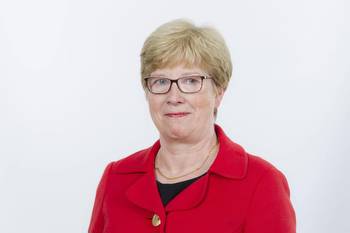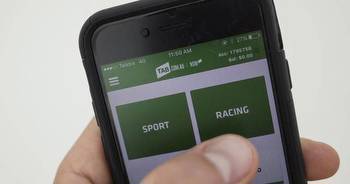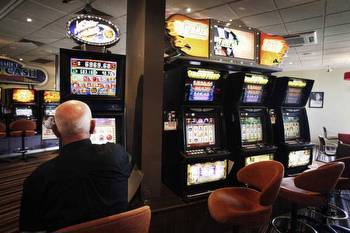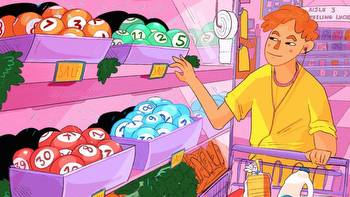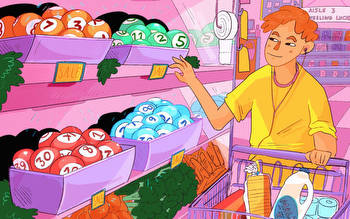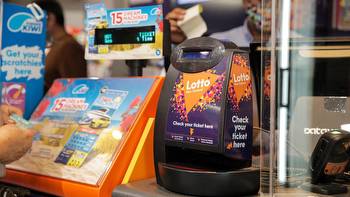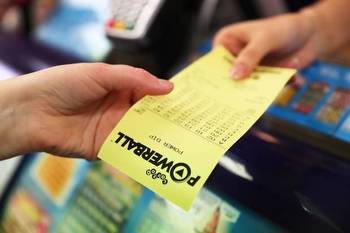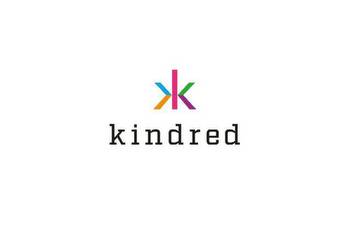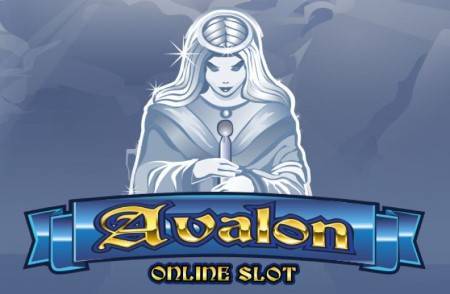Lotto NZ proposal to ramp up online gaming options causes concern

Lotto has plans for a third weekly draw and a significant ramping up of its online gaming options, the Otago Daily Times has revealed.
But the changes - which Lotto says are not yet concrete and some of which would require ministerial approval - have social agencies worried Lotto could suck in desperate people already struggling with the rising cost of living.
Documents obtained by the Otago Daily Times show the New Zealand Lotteries Commission (Lotto NZ) is in the process of procuring a gaming system replacement, with a view to expanding the number of digital products it offers.
The gaming system is the core of Lotto NZ's operations, encompassing both digital and paper-based systems.
Calls for expressions of interest in the contract note the potential for expanding the number of games that Lotto NZ can offer, pending the government's online gambling review.
Responses to questions raised by potential suppliers revealed Lotto NZ is planning to introduce a third draw and rapidly increase its online revenue.
It wants to migrate retail players online as much as possible and is also calling on contractors to provide a much wider array of online gaming options so it can better compete with international players.
The documents showed it was particularly focused on increasing revenue from instant reward online gambling games, saying it presented a large opportunity.
The documents said Lotto NZ had an agreement to change spend controls on online games - which are in place to limit problem gambling - which would "make it easier for players to play".
"We are doing a lot of work to understand how big this category could be. We believe it could double what it is today without too much effort."
It also aimed to obtain artificial intelligence-based behaviour analytics and to capture more data on how games were being consumed.
The documents said "the metaverse and gamification more broadly" were part of what success would look in half a decade's time.
Lotto NZ was also looking at prizes going back into digital wallets.
Methodist Mission southern director Laura Black said New Zealand was into year three of a pandemic with significant and ongoing mental health effects.
Living costs were going up and as things got tighter people had less resiliency, she said.
Making gambling easier in that environment had the potential to be concerning, she said.
"I think you've got the risk that something that looks like it's designed for middle-class people to have a fun flutter is actually sucking in people who've got quite a bit more desperation than that," Black said.
The danger was in the incentivisation and the incentive for the people running Lotto was to push the edges, so it was important to have guide rails, she said.
Problem Gambling Foundation marketing and communications director Andree Froude said some forms of gambling were more harmful than others.
For instance, Lotto was less harmful than online Instant Kiwi games, which were faster.
Online gambling was riskier, as people could hide their behaviour and it was available 24 hours a day from people's lounges, she said.
Lotto NZ said the documents did not represent concrete plans.
Any changes to games had to go through a "thorough and robust" process, including ministerial approval.
New safety mechanisms would likely be introduced, including a behavioural analytics tool which would only be used to minimise harm, a pop-up suggesting gamers take a break and a daily play limit.
Lotto planned to keep its current default deposit limit - $150 a week - and it was bound by its charter to minimise harm.
Expressions of interest were being sought as the gaming system was about 20 years old and a new long-term supplier was being sought.
Internal Affairs Minister Jan Tinetti said reducing gambling harm was one of her top priorities and she met Lotto NZ's leadership regularly to stay up to date on any proposed changes.
Lotto NZ required her approval to introduce any new games and she sought advice, particularly from a harm-minimisation perspective, before making any decision, she said.
This story originally appeared in the Otago Daily Times.











